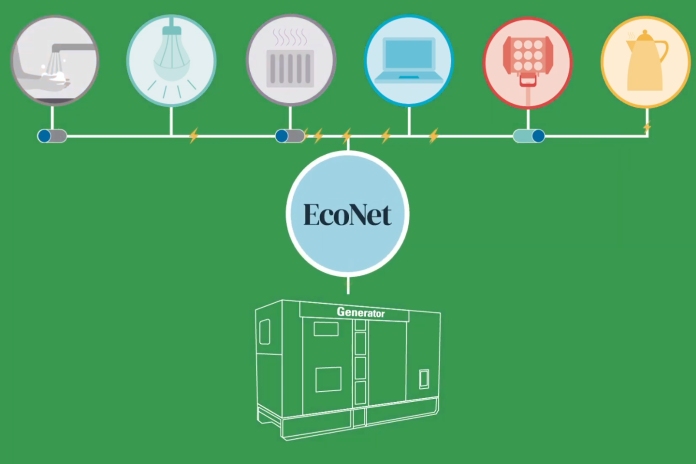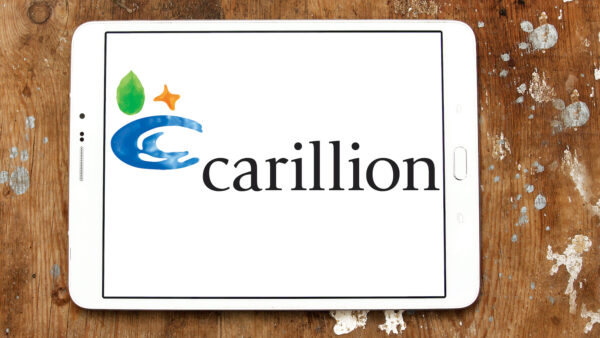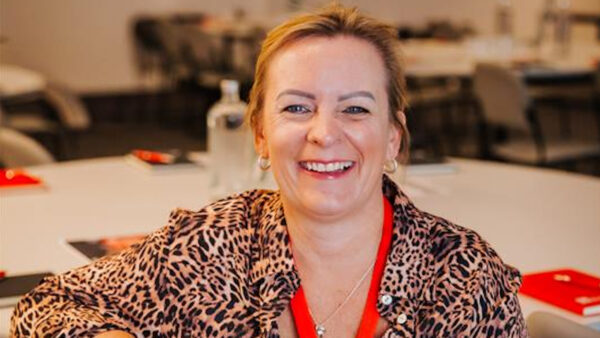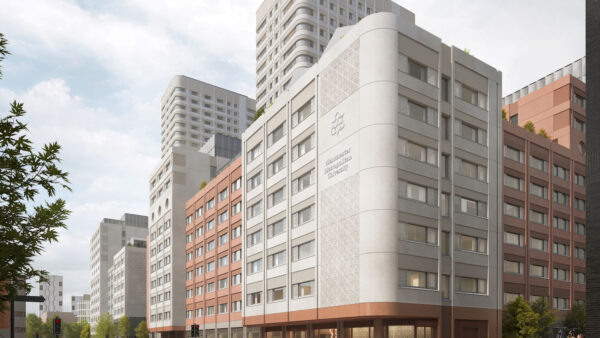
Balfour Beatty is set to roll out a new site power management system that automatically shuts off appliances and equipment when not in use, after it slashed site carbon emissions by 80% in trials.
Balfour said that using the EcoNet system enabled it to reduce power demand on both the National Grid and diesel generators.
EcoNet was first launched in May 2020 on its East Leeds Orbital Route project and helped deliver an 83% reduction in carbon emissions across the site by managing electric vehicle charging, optimising the heating, hot water, and external lighting running schedules.
So far, Balfour has used EcoNet on 21 sites and plans to roll it out to a total of 50 by summer 2021. It has also committed to installing Econet on any new site in the UK with more than six facility cabins.
The move means that once fully embedded, EcoNet is expected to save at least 2,200 tonnes of carbon dioxide emissions each year, with individual sites reducing their carbon emissions between 30% to 80% of normal levels.
The EcoNet system has been developed in collaboration with Sunbelt and Invisible Systems.
EcoNet will be one of a number of different forms of technology that Balfour Beatty will use in a bid to cut emissions and go “beyond zero carbon” by 2040 – a target set out in its sustainability strategy Building New Futures, launched last week.
The company has already started using a carbon calculator that plugs into Revit to help visualise the embedded carbon involved in a project, and has been undertaking early discussions with clients and the supply chain about how to develop a strategy to reduce emissions and waste.
Meawhile, it has already reduced waste to landfill by 97.5%, the contractor aims to continue to use methods such as offsite construction to eliminate waste in the first place.
And it is expected to make an announcement about switching its vehicle fleets to electric shortly.
As part of Building New Futures, Balfour wants to generate zero waste and “positively impact” more than one million people.
For 2030, the Group, which includes the Gammon business in the USA, has formally committed to setting a science-based target to reduce carbon emissions and is guiding to a 40% reduction in tonnes of waste generated per £1m of revenue and £3bn social value generated over the next decade.
It plans to establish local Sustainability Action Plans in different parts of the world such as the UK, US and Hong Kong, in recognition of the fact that the challenges it will face in different regions are likely to be different.
The strategy has taken a year to develop. Kari Sprostranova, the firm’s group sustainability director, who has been instrumental in the year-long effort to launch it said: “Bringing something that we could all really get behind did take quite a long time but I think it is a fantastic result in that and something that is stretching but achievable.”
Covid-19 exposes construction’s agility
Sprostranova told CM that the upheaval created by the covid-19 pandemic, which has led to less travel, fewer people on construction sites, and more videoconferencing, has sped up change at Balfour Beatty and made the way forward when it comes to is sustainability strategy clearer.
The strategy builds on Balfour’s first group-wide sustainability strategy, launched back in 2009. Speaking about Building New Futures, Sprostranova said: “This isn’t about us reinventing the wheel. This is about us saying we have learned so much over the period of time since 2009 and covid has helped us so we can now be really clear on what the future looks like for Balfour Beatty.”
She explained that covid-19 offered a rare silver lining as far as reaching the company’s sustainability targets is concerned, bringing working practices that could benefit the environment into the mainstream. She said: “Covid-19 has had an impact in a really positive way because we are a really agile industry and what we have done as an industry and as Balfour Beatty throughout the pandemic is look at ways to improve. We haven’t just taken this as a challenge but we have looked at the opportunities. There are have many throughout the process.
“We are using technology to talk to people, less time in offices, less travel. All those things have actually been of benefit.”










